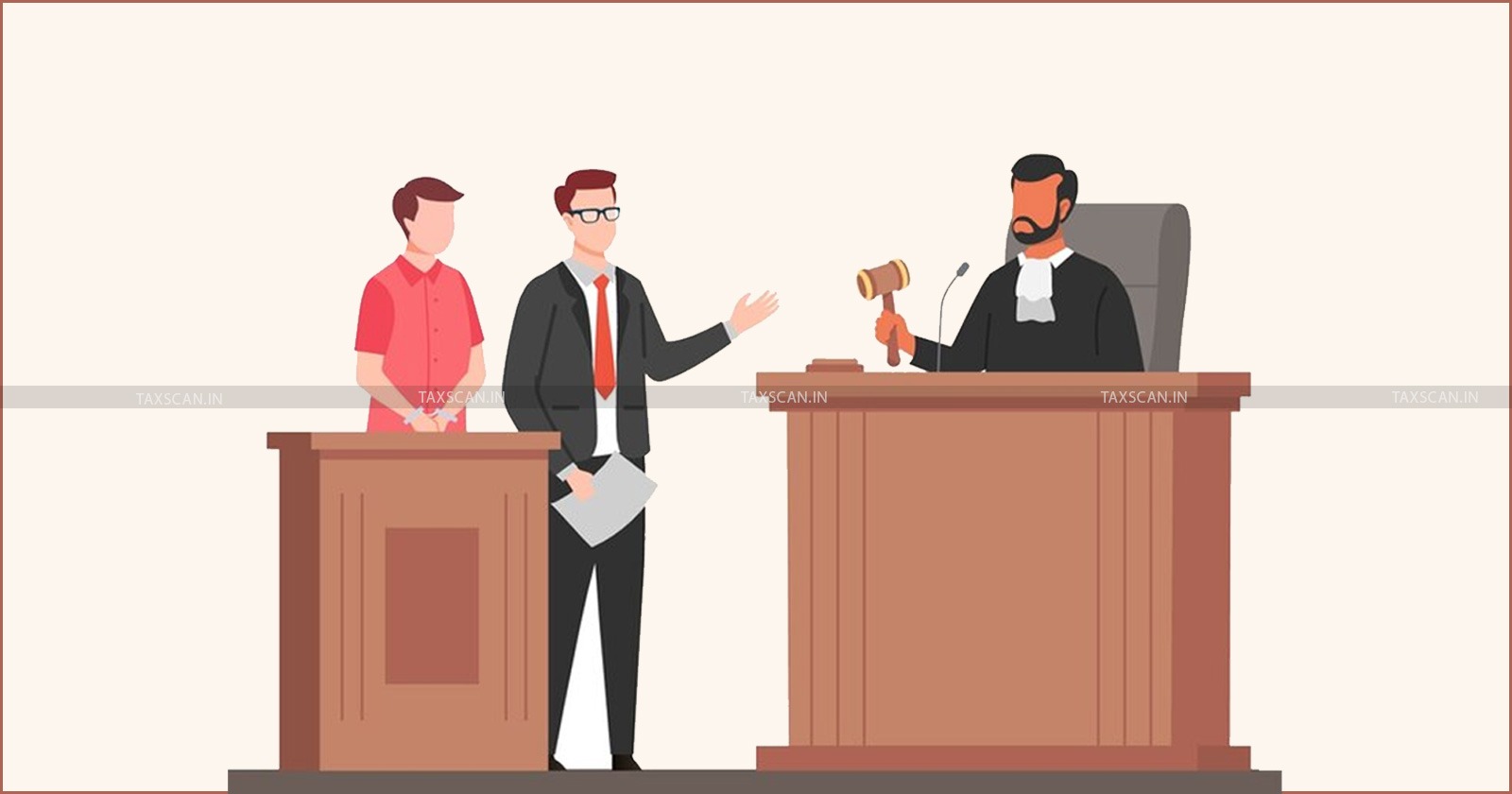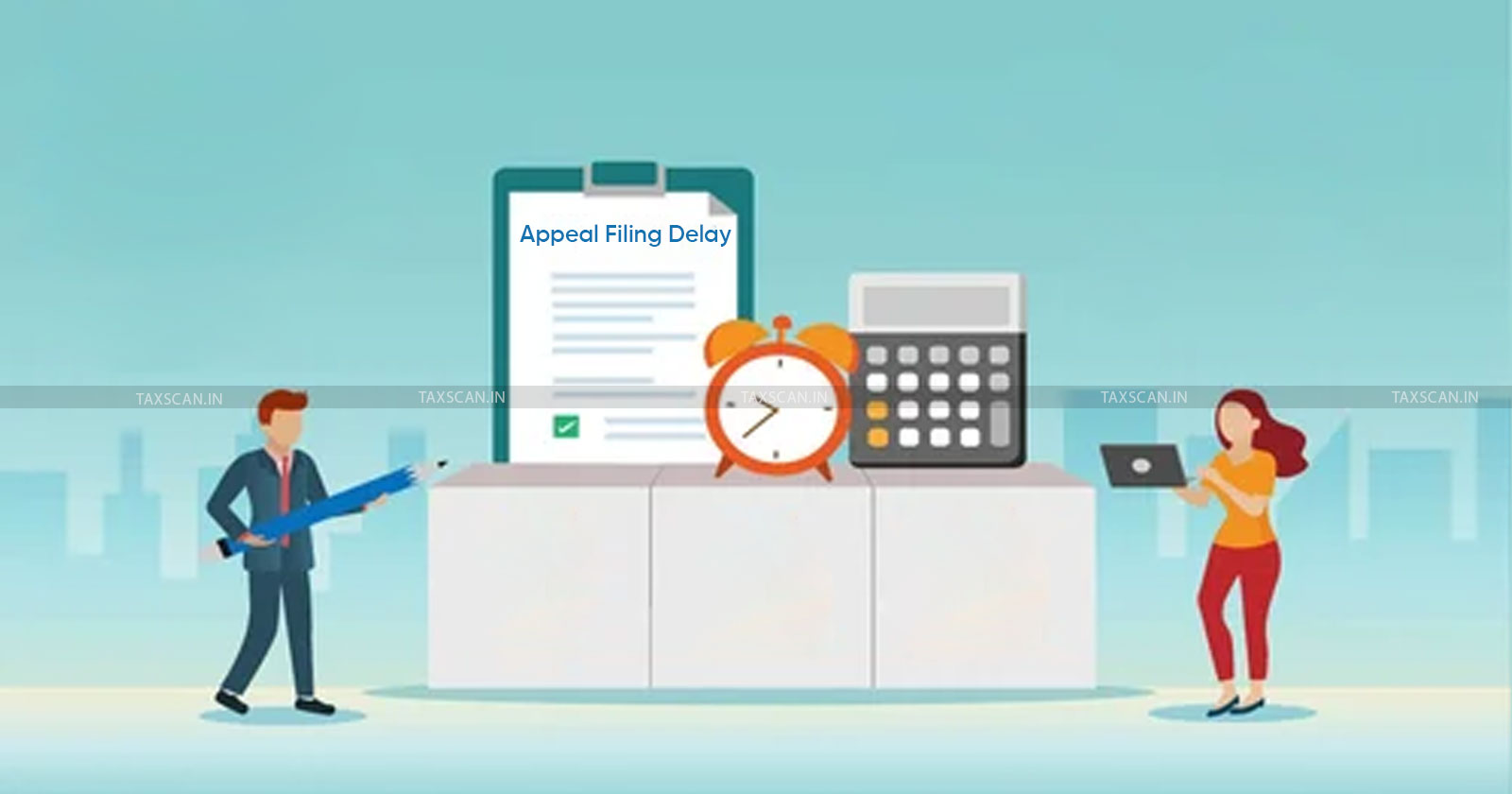ITAT Condones 873 Day Delay in Filing Appeal due to COVID-19, Remands Matter to CIT(A) for Fresh Adjudication [Read Order]
The tribunal observed that the delay stood sufficiently explained in light of the COVID-19 pandemic and restored the matter to the CIT(A) for fresh adjudication on merits
![ITAT Condones 873 Day Delay in Filing Appeal due to COVID-19, Remands Matter to CIT(A) for Fresh Adjudication [Read Order] ITAT Condones 873 Day Delay in Filing Appeal due to COVID-19, Remands Matter to CIT(A) for Fresh Adjudication [Read Order]](https://images.taxscan.in/h-upload/2025/06/27/2055167-itat-condones-873-day-delay-condones-day-delay-filing-appeal-due-appeal-due-to-covid-19-taxscan.webp)
The Agra Bench of the Income Tax Appellate Tribunal (ITAT), in its recent ruling condoned delay in filing appeals that had previously been dismissed as time-barred by the Commissioner of Income-tax (Appeals) ( CIT (A) ) by relying on the Supreme Court’s directions to exclude the COVID-19 pandemic period for the purpose of computing limitation.
 Also Read:ITAT Condones Delay, Remands matter to CIT(A) for Fresh Adjudication for Fair Hearing [Read Order]
Also Read:ITAT Condones Delay, Remands matter to CIT(A) for Fresh Adjudication for Fair Hearing [Read Order]
The appellant Oxford Shiksha Samiti, had filed two appeals against two separate orders by the CIT(A) under section 250 of the Income Tax Act 1961, for the AY 2018–19 and 2019–20, in which the CIT(A) dismissed both first appeals as barred by limitation.
The limitation period for filing an appeal before the CIT(A) under section 249(2) of the Act is 30 days. However, under section 249(3) the first appellate authority may condone the delay if satisfied that the appellant had sufficient cause for not presenting it within that period. In the current case the CIT(A) was not satisfied to condone the said delay.
 Also Read:ITAT Condones Delay of 107 Days in Filing Appeal Due to Assessee's Health Issues and Covid-19 Pandemic [Read Order]
Also Read:ITAT Condones Delay of 107 Days in Filing Appeal Due to Assessee's Health Issues and Covid-19 Pandemic [Read Order]
Your ultimate guide for mastering TDS provisions - Click here
The appellant stated that due to COVID-19 the intimation regarding the tax demand was overlooked and they did not reply to the same. Only after opening the e-filing compliance portal did they notice the outstanding demand after which they filed the appeal.
Additionally, it submitted that the CIT(A) has ignored the directions of the Supreme Court as the major part of duration of delay overlaps the period of global pandemic COVID-19, the period of which had been excluded for the purpose of computing limitation in all judicial and quasi-judicial proceedings.
The department submitted that no sufficient cause was shown by the assessee to condone the delay of more than two years in filing the appeals before the CIT(A).
The bench comprising of Sunil Kumar Singh (Judicial Member) and Manish Agarwal (Accountant Member) finding merit in the appellant's submission condoned the delay in filing the first appeal and remanded the same back to CIT(A) to decide the matter fresh on merit in accordance with the law.
 Also Read:ITAT Allows Delay in Filing Appeal Due to Pending Rectification and COVID-19, Orders Case to Be Heard on Merits [Read Order]
Also Read:ITAT Allows Delay in Filing Appeal Due to Pending Rectification and COVID-19, Orders Case to Be Heard on Merits [Read Order]
Your ultimate guide for mastering TDS provisions - Click here
It referred to the decision of the Supreme Court in In Re: Cognizance for Extension of Limitation 2022TAXSCAN (SC) 103, where such delay was condoned during the pandemic period.
Further, the tribunal relied on the judgment of the Supreme Court in Sambhaji and Others v. Gangabai (2008), where it was held that "Procedural law is always subservient to and is in aid to justice. Any interpretation which eludes or frustrates the recipient of justice is not to be followed. Processual law is not to be tyrant but a servant, not an obstruction but an aid to justice. A procedural prescription is the handmaid and not the mistress, lubricant, not a resistance in the administration of justice."
Accordingly, the appeal was allowed and the delays condoned.
The appellant was represented by Anurag Sinha, while the Department was represented by Shailendra Srivastava.
Support our journalism by subscribing to Taxscan premium. Follow us on Telegram for quick updates


